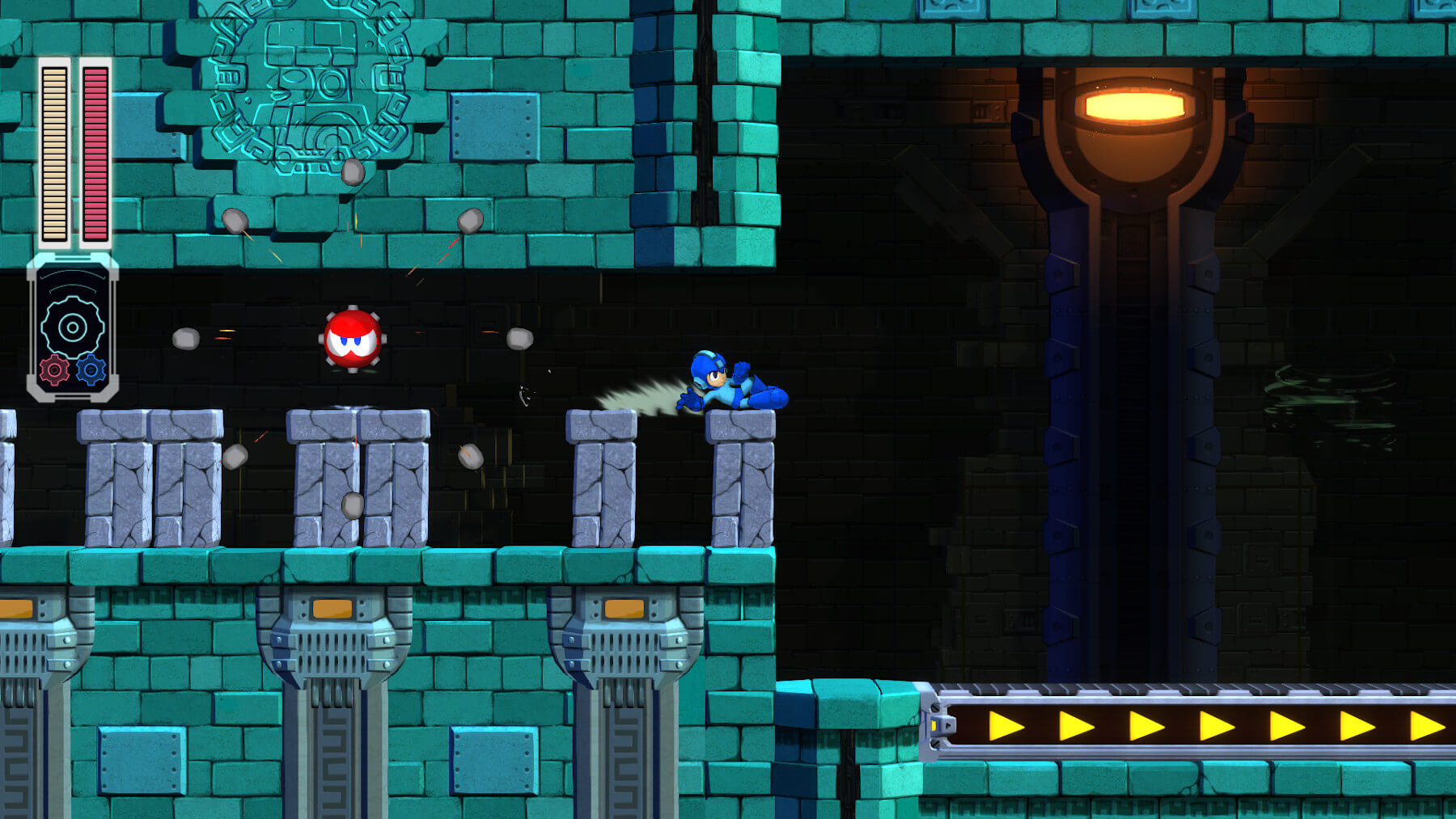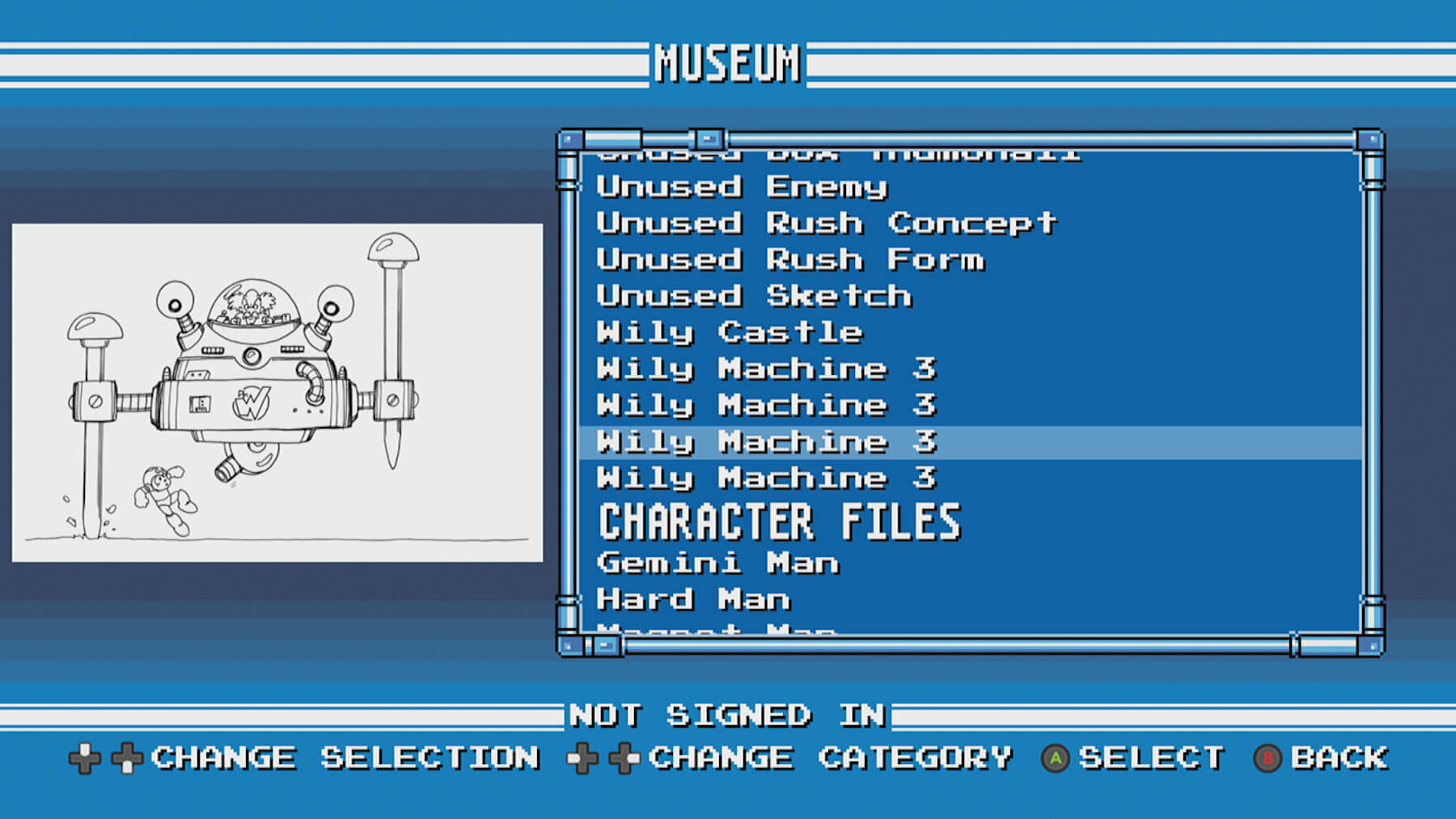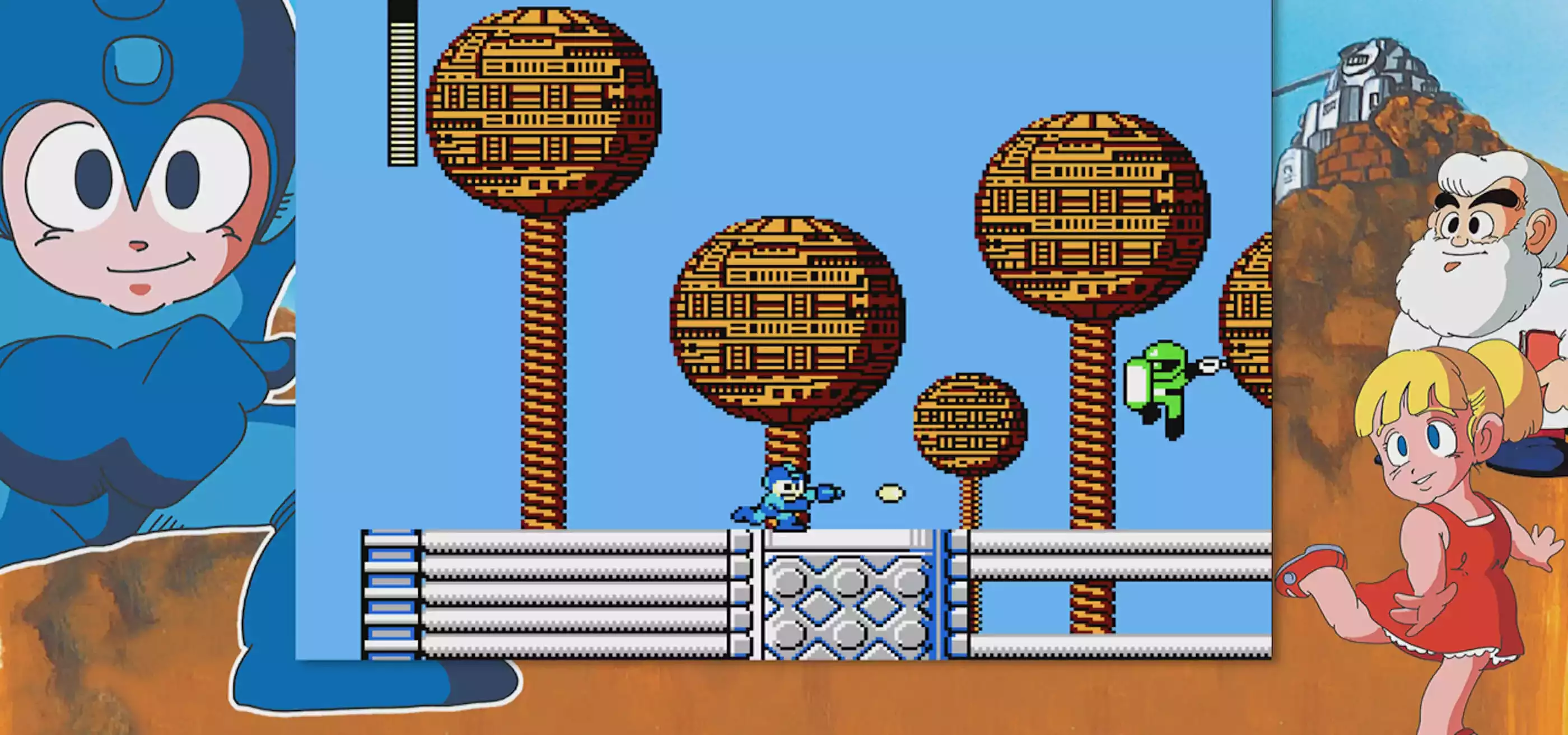Have you ever been so engrossed in a video game that you can’t get it out of your head and you just need … more? Maybe you feel compelled to brush up on the series lore. Maybe you’re looking for hidden items or secrets you missed during your first playthrough. Or maybe you’re having a blast, but you can’t get past that one boss fight and need some helpful pointers. Where do you go?
If your new favorite game happens to star an iconic robot affectionately referred to as the “Blue Bomber,” there’s a good chance you’ll end up in a little corner of the internet known as the Mega Man Home Page, or MMHP for short. The longest-running fan site dedicated to Capcom’s beloved action-platformer series, it’s a veritable compendium of all things Mega Man — filled to the brim with strategies, insights, general information, fan fiction, and more.
It also happens to be the domain of 1996 DigiPen graduate Mandi Paugh, otherwise known as the MegaMaster. As the creator and sole administrator of the site for more than 25 years, she’s a bit of a legend among the fan community. With the Mega Man series celebrating its 35th anniversary later this year, we reached out to Paugh for the inside story on how the MMHP came to be. And it all began when she was a video game programming student at DigiPen’s former campus in Vancouver, Canada.
“It was 1994. Netscape Navigator was coming into vogue. People were just becoming aware of this whole ‘World Wide Web’ thing. DigiPen immediately recognized that this was going to be big, so they had us all learn HTML,” Paugh says. “As an aspect of that, they provided each student their own student home page, for free, hosted on DigiPen’s web servers.”

This being the early days of the internet, making a website was more than just a new skill to learn — it was uncharted territory. Back then, she says, there was no such thing as JavaScript or CSS, two of the cornerstone computer languages that helped form the basis of the modern web. Even with the rudimentary tools available, however, Paugh was hooked.
“I enjoyed making websites right from the start, but I had no idea what to write about on my page, so I gathered up all of the little slips of paper containing my notes from playing the various Mega Man games,” Paugh says. “I made a sub-site offshoot from my student page that I very creatively titled The Mega Man Home Page, because everybody named their sites ‘home pages’ back then.”
By that point, she had played and enjoyed plenty of video games. But there was something oddly special about the Mega Man saga — involving a brave power-absorbing robot and his ongoing battles against the villainous scientist Dr. Wily — that had inspired Paugh ever since she first played the games as a teenager.
“A friend who had an NES introduced me to Mega Man 2. That was back in the day when if you had an NES, you had to play Mega Man 2,” she says. “The game itself was a lot of fun to play, but I think it was Mega Man 2’s fairly abstract ending that sparked my imagination. Then I played Mega Man 3, and that’s about all it took for me to start writing my own stories based on the series.”
After developing the site and seeking permission from Capcom to post her fan-made content, the MMHP went live in 1995. It didn’t take long for the site to find its audience, and Paugh was soon receiving more emails from site visitors than she had time to answer.
“If I went home for a week’s vacation and couldn’t check my email while I was gone, I would come back to hundreds of messages sitting in my inbox,” she says.
As time went by, and as the Mega Man franchise continued to grow and evolve with new games and spinoff series, Paugh continued to update the site accordingly — handling all of the site’s art, written content, programming, and design. At one point, she wrote a special program to auto-generate individual database pages for each mainline game. She also took steps to separate the pages containing fan content (including her very own Mega Man novelization series) from the main pages dealing with canonical information. For a time, she even maintained a sort of letters-to-the-editor section of the website, titled “MegaGrams,” in which she published her responses to some of those aforementioned fan emails, many of them filled with questions regarding Mega Man lore.
Through it all, Paugh says she’s tried to keep the spirit of the original site intact, right down to the retro-style visual aesthetics.

“I have kept the overall design fairly similar to the original site’s appearance. All those patterned backgrounds? Traditional HTML,” Paugh says. “I think MMHP is probably the only site in existence that is still using wallpapers.”
As it turns out, the MMHP was by no means a one-off project. Although it was her love of games that brought Paugh to DigiPen in the first place, her career has mostly involved developing for the web.
“I primarily do website coding, which means my main language these days is JavaScript. But C# is another one that I use quite regularly,” Paugh says.
That said, she hasn’t stayed out of the games industry completely. In addition to her web-based career, Paugh has also worked professionally as a 2D pixel artist on more than a dozen commercial game titles, including multiple Dragon Ball Z games for the Game Boy Advance.
“I really enjoy pixel art. I first got into drawing sprites professionally when I was offered to work on a project out of the blue — thanks to DigiPen and MMHP — and jumped on it right away,” Paugh says.
Today, 35 years into the Mega Man franchise, the once-prolific series has certainly slowed down in terms of output, but new fans are still discovering the games thanks, in part, to a wealth of legacy collections and re-releases. For any series newcomers looking for recommendations on where to start, there’s a page on the MMHP just for that. When asked about her own favorite games in the series, Paugh says it’s hard to narrow it down.
“Mega Man 3 was my favorite for a while. It was right up there with Mega Man 2 in my mind. Then I played Mega Man IV for the Game Boy and decided it was the best game in the series — until I played Mega Man V,” Paugh says. “But there are a lot of gems in the series as a whole.”
Looking back, Paugh says she never intended to make a “comprehensive site on all things Mega Man” when the MMHP project first began. Rather, it’s been largely thanks to reader feedback and submissions that she’s kept it going for so many years.
“Even today I’ll occasionally receive an email from someone who is surprised to find that the site is still around,” she says. “I appreciate all of the kind comments!”
